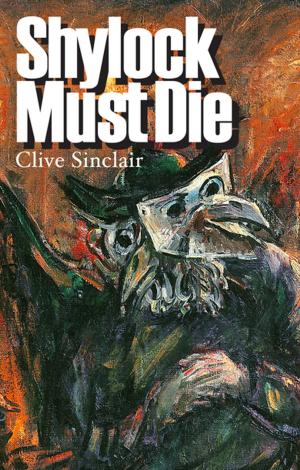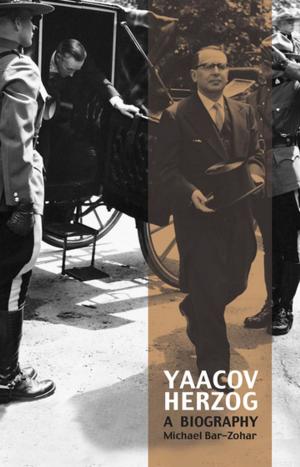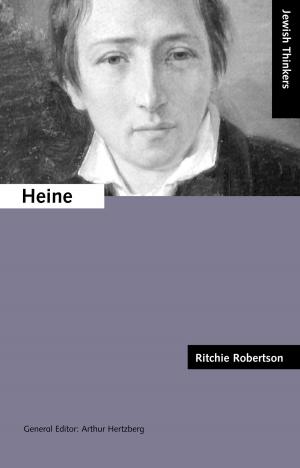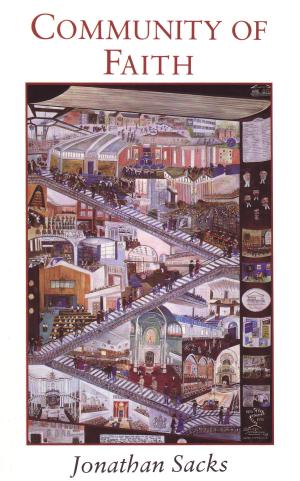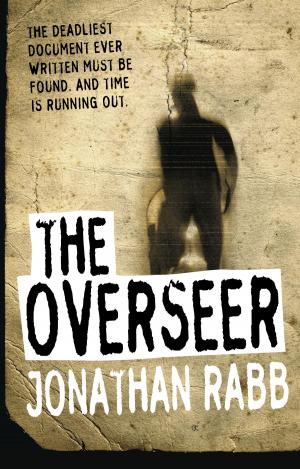| Author: | Steven Beller | ISBN: | 9781905559534 |
| Publisher: | Halban | Publication: | August 16, 2012 |
| Imprint: | Halban | Language: | English |
| Author: | Steven Beller |
| ISBN: | 9781905559534 |
| Publisher: | Halban |
| Publication: | August 16, 2012 |
| Imprint: | Halban |
| Language: | English |
Theodor Herzl (1860—1904) was the Paris correspondent of the Austrian Neue Freie Presse when he took a momentous decision in June 1895: he would bring about the creation of a state for the Jews. In his attempt to realise this dream, he became the greatest figure of modern Jewish history and is today seen as the father of the State of Israel. The catalyst for Herzl's 'conversion' is usually seen as the Dreyfus affair, which made him realise the impossibility of Jewish existence in Europe. The truth is more complicated and perhaps more dramatic, involving Herzl's background in the context of central Europe's Jewish bourgeoisie, the explosion of anti-Semitism in fin de siècle Paris and Vienna, and not least Herzl's own personal frustrations and dreams. Once decided, his 'state of the Jews' was to be not only the solution to the physical threat to the Jews, but it would also liberate them from their ghetto existence, and provide them with the 'inner freedom' which, from personal experience, Herzl thought they lacked. Herzl's state was to be a model, liberal society, at the forefront of human progress, integrated and at peace with the world community. A century later, this may look naïve - yet, in his vision, Herzl very much speaks to the present age.
Theodor Herzl (1860—1904) was the Paris correspondent of the Austrian Neue Freie Presse when he took a momentous decision in June 1895: he would bring about the creation of a state for the Jews. In his attempt to realise this dream, he became the greatest figure of modern Jewish history and is today seen as the father of the State of Israel. The catalyst for Herzl's 'conversion' is usually seen as the Dreyfus affair, which made him realise the impossibility of Jewish existence in Europe. The truth is more complicated and perhaps more dramatic, involving Herzl's background in the context of central Europe's Jewish bourgeoisie, the explosion of anti-Semitism in fin de siècle Paris and Vienna, and not least Herzl's own personal frustrations and dreams. Once decided, his 'state of the Jews' was to be not only the solution to the physical threat to the Jews, but it would also liberate them from their ghetto existence, and provide them with the 'inner freedom' which, from personal experience, Herzl thought they lacked. Herzl's state was to be a model, liberal society, at the forefront of human progress, integrated and at peace with the world community. A century later, this may look naïve - yet, in his vision, Herzl very much speaks to the present age.



